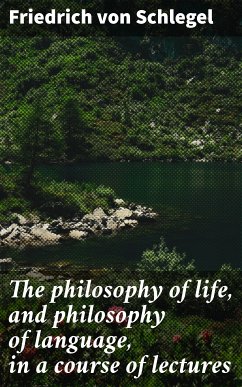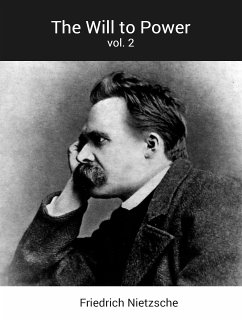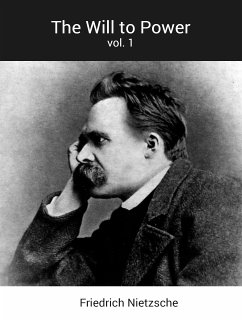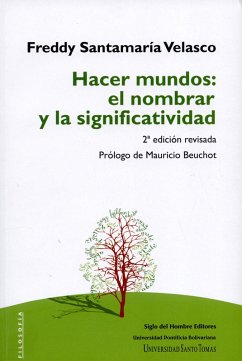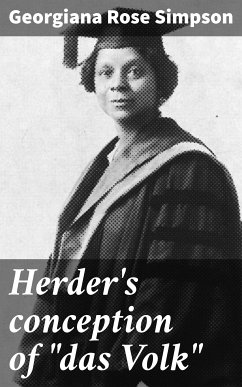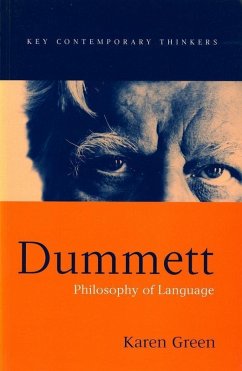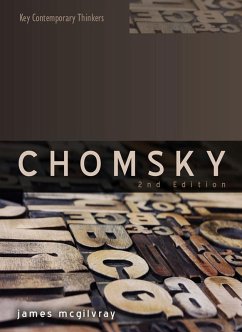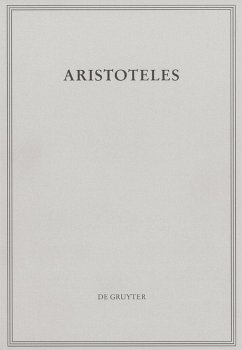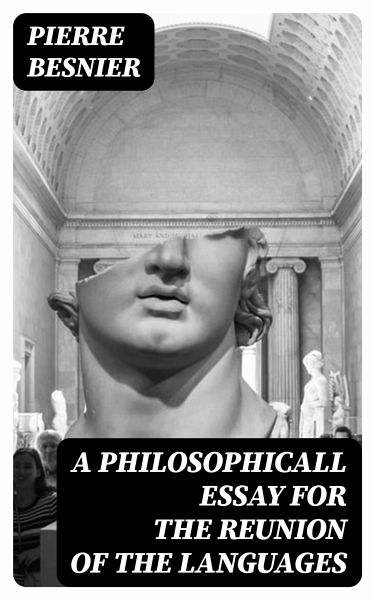
A Philosophicall Essay for the Reunion of the Languages (eBook, ePUB)
Or, The Art of Knowing All by the Mastery of One
Versandkostenfrei!
Sofort per Download lieferbar
0,49 €
inkl. MwSt.
Weitere Ausgaben:

PAYBACK Punkte
0 °P sammeln!
In "A Philosophicall Essay for the Reunion of the Languages," Pierre Besnier embarks on a profound exploration of linguistic unity, positing that the myriad languages of the world are fundamentally connected. Through a meticulous and philosophical lens, Besnier employs a blend of empirical observation and theoretical discourse, firmly situating his work within the debates of the Renaissance era concerning language, identity, and cultural diversity. His eloquent prose reflects the stylistic conventions of 17th-century thought, engaging with contemporary linguistic theories while hinting at the ...
In "A Philosophicall Essay for the Reunion of the Languages," Pierre Besnier embarks on a profound exploration of linguistic unity, positing that the myriad languages of the world are fundamentally connected. Through a meticulous and philosophical lens, Besnier employs a blend of empirical observation and theoretical discourse, firmly situating his work within the debates of the Renaissance era concerning language, identity, and cultural diversity. His eloquent prose reflects the stylistic conventions of 17th-century thought, engaging with contemporary linguistic theories while hinting at the Enlightenment's burgeoning rationalism. Pierre Besnier, a figure of the intellectual landscape of his time, was deeply intrigued by the nature of communication and the barriers posed by linguistic differences. His experiences as a polyglot and his engagement with various cultural traditions likely shaped his perspective, compelling him to seek a synthesis that transcends mere linguistic divides. By advocating for an interdisciplinary approach to language, Besnier contributes to a broader scholarly discussion on the universality of human expression, striving to reconcile various linguistic forms under a common philosophical framework. This book is highly recommended for scholars, linguists, and those interested in the philosophy of language. Besnier's insightful arguments provide a nuanced understanding of how language can shape and reflect human existence. Readers will find themselves not only intellectually engaged but also inspired by his vision of a harmonized linguistic future.
Dieser Download kann aus rechtlichen Gründen nur mit Rechnungsadresse in A, B, BG, CY, CZ, D, DK, EW, E, FIN, F, GR, H, IRL, I, LT, L, LR, M, NL, PL, P, R, S, SLO, SK ausgeliefert werden.




